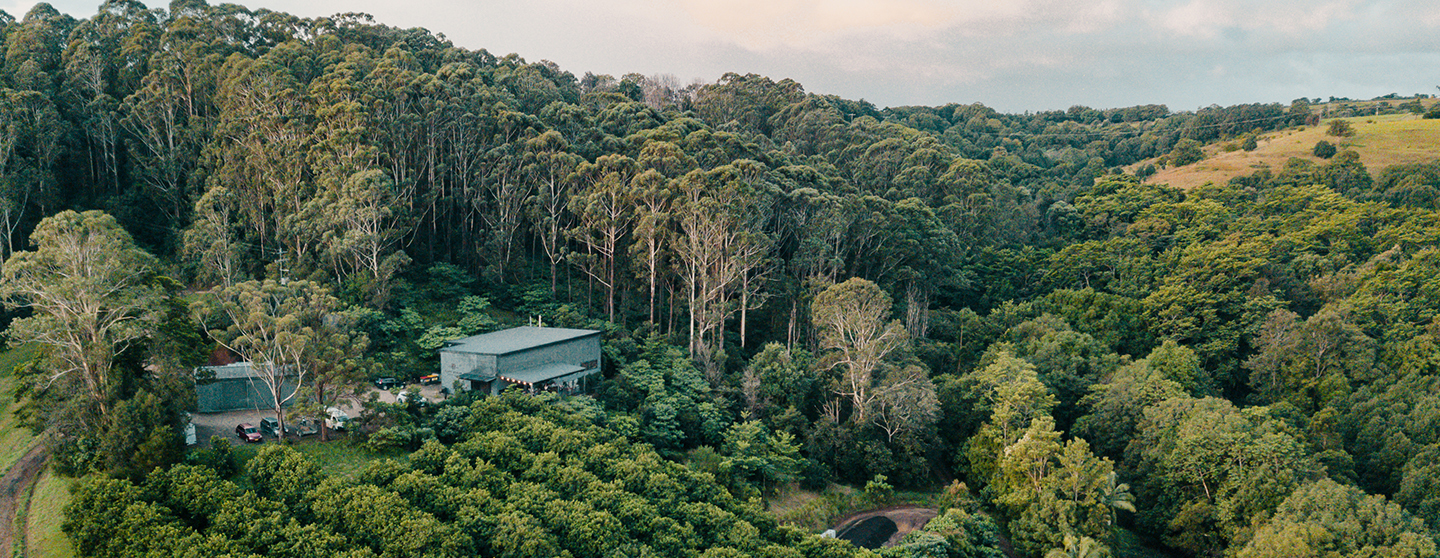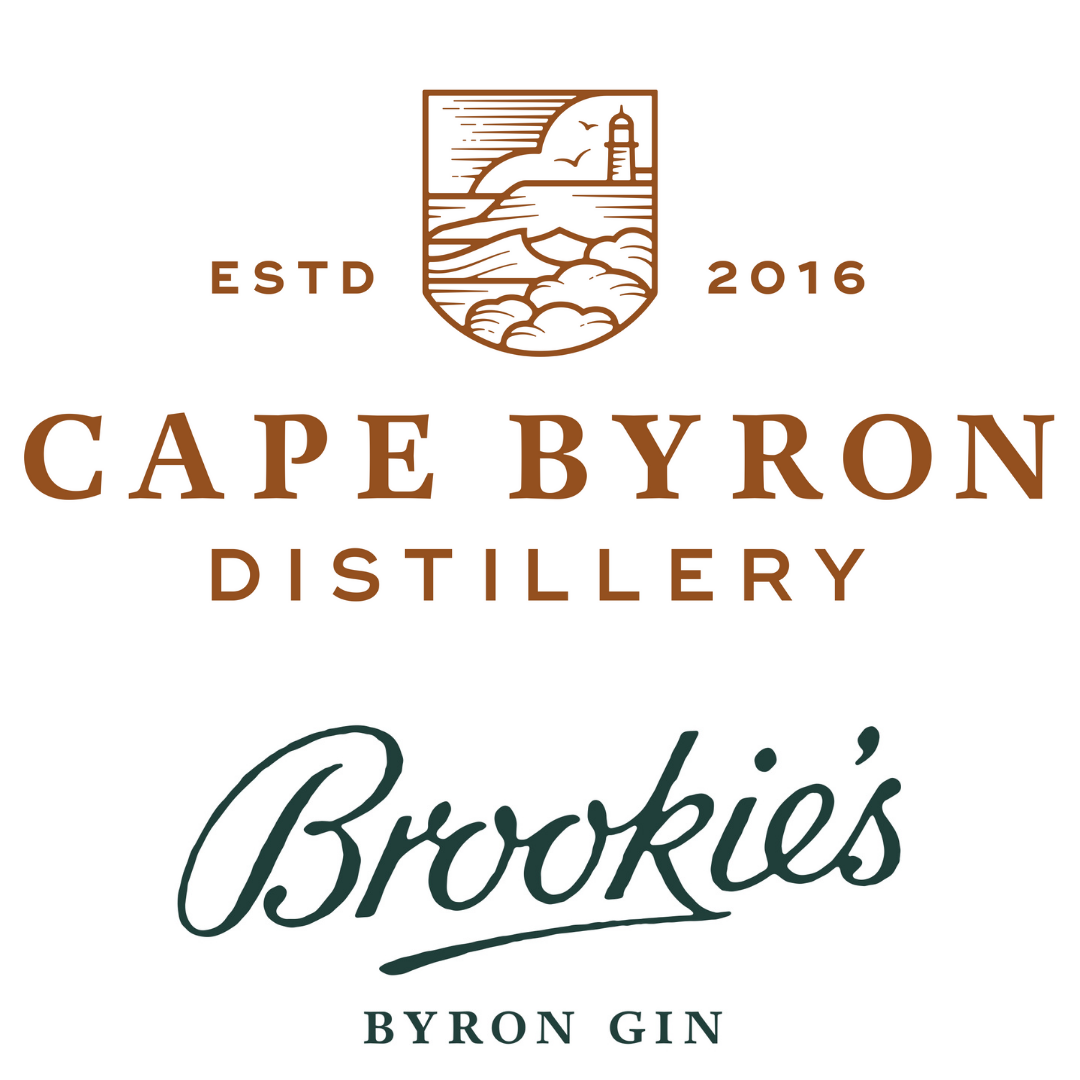

Cape Byron Distillery

New South Wales, Australia
February 2022
Beverages
Manufacturing
Australia,
Austria
Cape Byron Distillery, home of Brookie’s Byron Gin was founded in 2016 on the now regenerated 95 acre family property. In 1988 Pam & Martin Brook purchased the property, which was a cleared, run-down dairy farm. The Brook family set about planting 4,500 macadamia trees and 40,000 native rainforest plants. Today the property is a thriving regenerated ecosystem with countless self-seeded rainforest trees that serve as essential habitat for the vulnerable native wildlife such as Koala. Cape Byron Distillery views its business as a force for good, going beyond industry norms, creating and implementing better solutions and hopefully working to teach and inspire others to do so to make the distilling industry a leader in sustainable practice. Cape Byron Distillery is choosing long-term investments over quick wins, and measures their success based on the positive impact they create. The team has implemented several goals to ensure they continue to improve procedures upholding the highest sustainability standards. These goals include improving the rainforest regeneration on site and protecting the biodiversity, as well as eliminating negative impacts from production.
Overall B Impact Score
Governance 16.2
Governance evaluates a company's overall mission, engagement around its social/environmental impact, ethics, and transparency. This section also evaluates the ability of a company to protect their mission and formally consider stakeholders in decision making through their corporate structure (e.g. benefit corporation) or corporate governing documents.
What is this? A company with an Impact Business Model is intentionally designed to create a specific positive outcome for one of its stakeholders - such as workers, community, environment, or customers.
Workers 19.6
Workers evaluates a company’s contributions to its employees’ financial security, health & safety, wellness, career development, and engagement & satisfaction. In addition, this section recognizes business models designed to benefit workers, such as companies that are at least 40% owned by non-executive employees and those that have workforce development programs to support individuals with barriers to employment.
Community 19.3
Community evaluates a company’s engagement with and impact on the communities in which it operates, hires from, and sources from. Topics include diversity, equity & inclusion, economic impact, civic engagement, charitable giving, and supply chain management. In addition, this section recognizes business models that are designed to address specific community-oriented problems, such as poverty alleviation through fair trade sourcing or distribution via microenterprises, producer cooperative models, locally focused economic development, and formal charitable giving commitments.
Environment 37.1
Environment evaluates a company’s overall environmental management practices as well as its impact on the air, climate, water, land, and biodiversity. This includes the direct impact of a company’s operations and, when applicable its supply chain and distribution channels. This section also recognizes companies with environmentally innovative production processes and those that sell products or services that have a positive environmental impact. Some examples might include products and services that create renewable energy, reduce consumption or waste, conserve land or wildlife, provide less toxic alternatives to the market, or educate people about environmental problems.
What is this? A company with an Impact Business Model is intentionally designed to create a specific positive outcome for one of its stakeholders - such as workers, community, environment, or customers.
Customers 1.4
Customers evaluates a company’s stewardship of its customers through the quality of its products and services, ethical marketing, data privacy and security, and feedback channels. In addition, this section recognizes products or services that are designed to address a particular social problem for or through its customers, such as health or educational products, arts & media products, serving underserved customers/clients, and services that improve the social impact of other businesses or organizations.